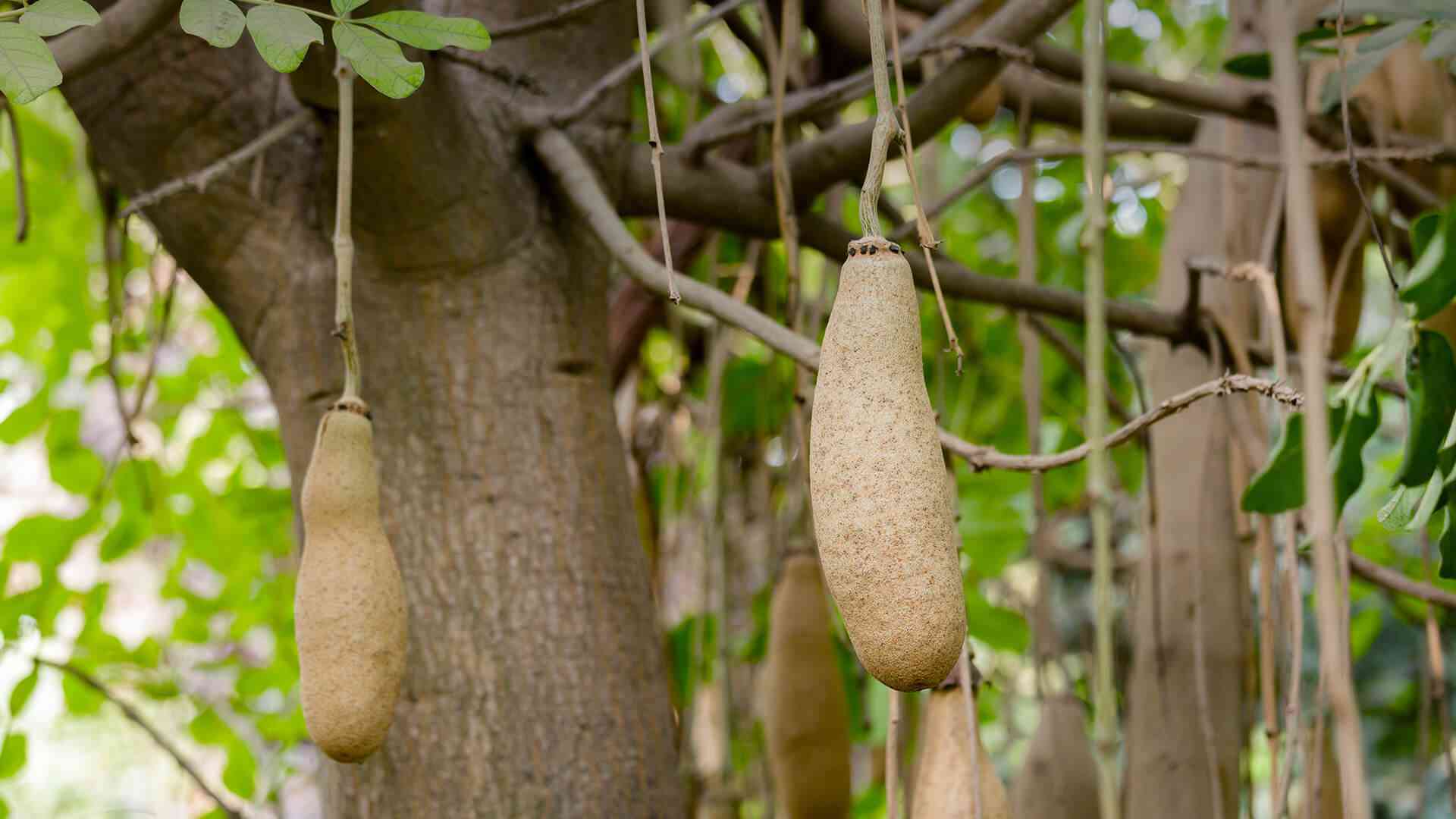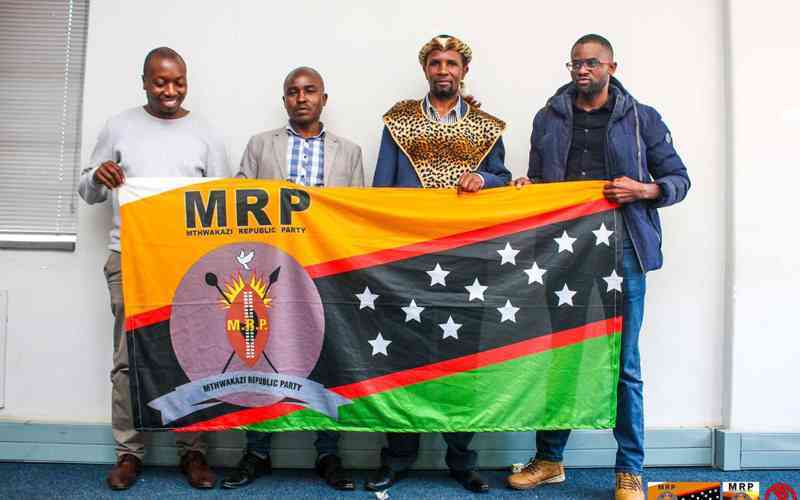
THE Forestry Commission of Zimbabwe has declared Kigelia africana, commonly known as the Sausage tree the 2025 Tree of the Year.
The tree, known in local languages as mubvee, mumvee, musonya, muviumati (Shona), and umvebe (Ndebele), is widely used in traditional medicine and plays a key role in supporting pollinators and preventing soil erosion.
In an interview, Mwenezi district forestry extension officer Munyaradzi Emmanuel Shava said the tree was vital to Zimbabwe’s ecosystems, but was increasingly under pressure from human activities.
“This species is native to Zimbabwe and thrives in warmer wet savanna and riverine areas,” he said.
“In Zimbabwe, it is often found along river banks, streams, floodplains and in open woodlands.
“The tree is well adapted to low, hot areas and is recognised for its large sausage-shaped fruits.”
He urged citizens to protect and propagate the species amid growing environmental threats.
“Over-harvesting of fruits and bark for medicinal purposes poses a significant threat to the long-term survival of this species.
- Maize shortage a result of politicisation of inputs
- Maize shortage a result of politicisation of inputs
- Mushipe in massive reforestation drive
- Mushipe in massive reforestation drive
Keep Reading
“Additionally, deforestation and habitat loss further jeopardise Kigelia africana in Zimbabwe,” Shava warned.
He said the commission had launched a national awareness campaign in anticipation of the upcoming tree planting season in December, encouraging widespread planting and protection efforts.
Tree Planting Day is commemorated annually on the first Saturday of December.
This year’s activities will focus on conserving indigenous species, particularly those like the umvebe that are under threat.








